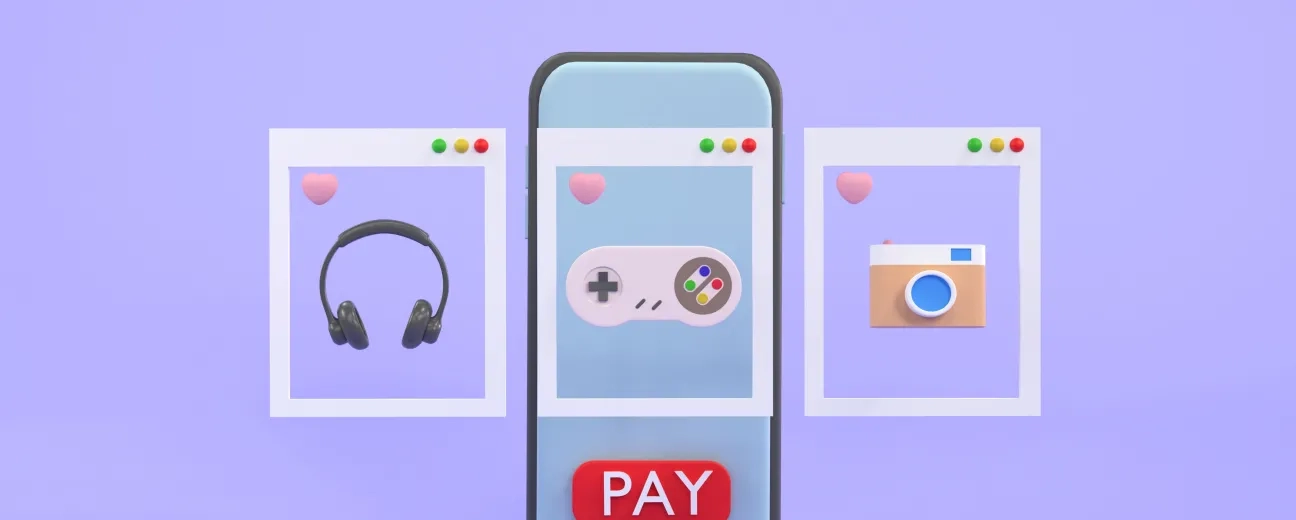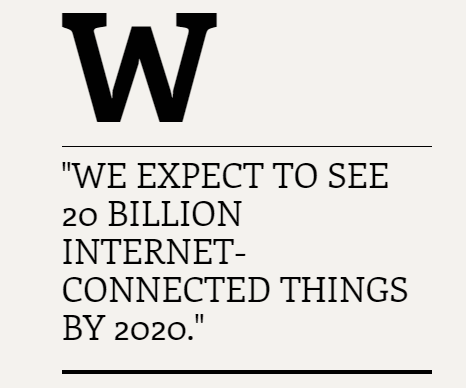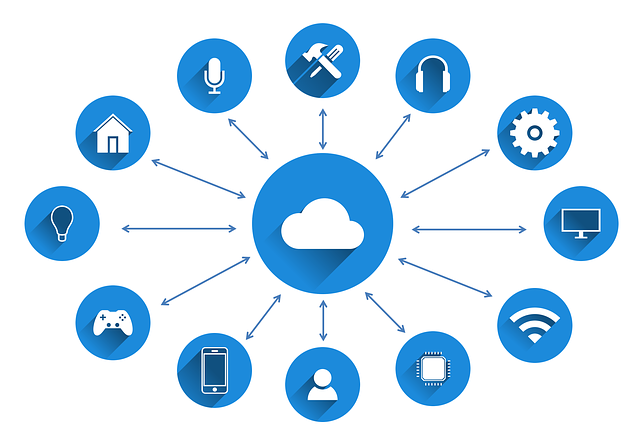
We’re excited to hear your project.
Let’s collaborate!

How are you planning to get your share of the pie? Where the "pie" is made of all those opportunities that IoT in mobile app development brings.
But what are those opportunities translated into benefits more precisely? Why would you want to build an application that completes a network of IoT devices?
And how will IoT change the way mobile applications get developed in 2020?

Source: Gartner.com
Are there any challenges and risks to implementing this technology into your mobile apps that you should... prepare for?
Now, let's see:
Why would you be interested in making your mobile apps IoT-friendly this year?
How will it benefit you?
And the "less human effort" factor is the main reason why you'd want to integrate mobile apps with IoT.
For it all bubbles up to the user experience that you'll provide:
Your mobile app will be the "brain" of the whole network of interconnected devices, fridges, air conditioners, TVs, etc. Installed on the user's smartphone or smartwatch, it'll help him/her to cut down on the effort needed to... check the security cameras, switch off the light, turn on the AC and so on.
By bringing IoT in mobile app development, you bring more... productivity in your workplace.
An IoT-enabled mobile app will:
In short: with their repetitive tasks automated, your team gets to work on more complex, innovation-focused tasks.
Just imagine: an entire network of appliances, devices, gadgets, and servers exchanging data. And your IoT mobile app collecting ALL that data.
Image by Tumisu from Pixabay
You'll get some valuable insights into your users' needs, don't you think? Real-time information that you can leverage to:
And interactivity is the shortest path to... higher engagement.
Integrating IoT into your mobile app will make it not only interactive but highly customizable, as well.
It opens up a huge "playground" for your team, where they can test and implement various features and IoT-based functionalities. Where they get as creative and daring as they want with their customization work.
The one installed on a guest's IoT-enabled smartphone, that enables him to open his hotel room. No key or access card needed to... enter the room he booked.
And this is but one of the top IoT app development trends to look forward in 2020.
Here are some more types of IoT apps that'll steal the spotlight this year:
Let's say that you've decided to incorporate this technology into your next mobile app:
What IoT mobile app development tools should you check out first? What are your best options?
Here's a top 3 for you:
"But are there any?"
There are. So, make sure you ponder on them before you rush to... reap the benefits and seize the opportunities of integrating IoT in your mobile apps.
The risks concerning data security are head of the list:
How much of your/ your customers' data privacy would you trade to access the benefits of IoT?
Because:
.. does come with a "price tag" on.
The cost is... data. Data stored in cloud and unrestricted control over consumer data...
...compared to today's technology. You might want to take this aspect into consideration, as well, before you just jump on the IoT in mobile app development trend.
Also, the way information is being transferred and your existing protocols.
The END!
Now, comparing the opportunities to the challenges, would you consider integrating IoT into your mobile apps this year?
Image by Niran Kasri from Pixabay

We’re excited to hear your project.
Let’s collaborate!